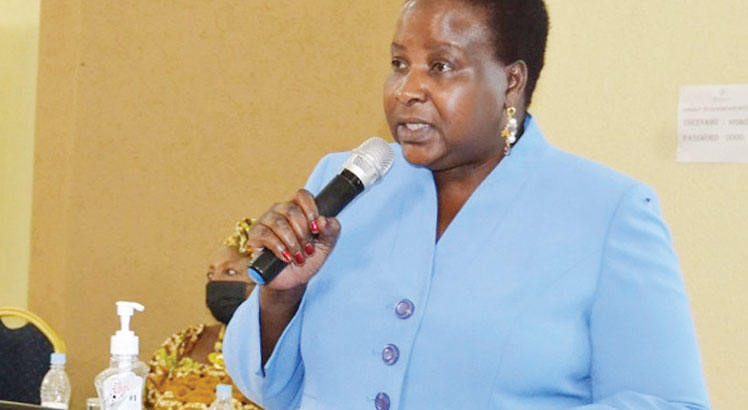World Bank provides K10bn for medical drugs
The World Bank has come to the rescue of Malawi Government by providing $9 million (about K10.2 billion) for the purchase of essential medical drugs in the country.
Minister of Health Khumbize Kandodo Chiponda said on Tuesday in Nkhata Bay that the first consignment of the drugs is set to arrive next week.

She announced the news at Madimba ground in Likoma District on Tuesday during the commemoration of this year’s National Community Health Day and the launch of Tipewe Cholera and Covid-19 Campaign and re-launch of the Human Papilloma Virus (HPV) Vaccination by President Lazarus Chakwera.
The World Bank’s boost comes at a time public hospitals are experiencing stock-outs of essential medicines and medical supplies due to funding challenges.
Said Kandodo Chiponda: “When the President went to the United Nations General Assembly, the opposition questioned the benefit of the trip. But the President used the trip to meet World Bank officials for this assistance.
“Today, I am proud to announce that the World Bank has given us $9 million for the purchase of medical drugs and the first consignment of the drugs will arrive in the country next week.”
In his remarks, Chakwera said he was encouraged by organisations that want to support Malawi.
He said: “I have been aggressively raising money for our health system around the world, including the billions we secured for Malawi through the Global Fund and other financiers.
“The president of Climate Change Conference of Parties [CoP28], which is taking place in the United Arab Emirates in December, recently informed me that one of the days of the conference this year will be focused on health, and so we must make the most of these opportunities to mobilise resources for Malawi’s health sector.”
United Nations (UN) resident coordinator Rebecca Addah-Donto said they were aware that Malawi’s health sector is facing a lot of challenges that include a significant gap in the number of community health workers, and inadequate and intermittent supplies and medicines needed to provide appropriate care.
The UN envoy also expressed concern with continued cases of cervical cancer despite the country rolling out free HPV vaccine.
She said: “The sad reality is that Malawi has the world’s highest cervical cancer incidence and mortality rates and nearly 3 000 women die from this disease yearly.”
Last year, Ministry of Health targeted to screen 617 775 women aged between 25 and 49. However, only 222 076 were screened due to unavailability of services in some health centres.





